It doesn’t matter if you drink this vibrant tonic early in the morning or as a late-night snack — the benefits of beets can fit into your lattes, smoothies, and even cocktails. Our simple and naturally sweet beet juice is full of nutrients and easy to make.
Not only are beets full of vitamins, minerals, and medicinal plant compounds, they’re low in calories and high in fiber, folate, manganese, and dietary nitrates.
Beet benefits
- can significantly lower blood pressure after only a few hours of consumption
- low in calories and high in vitamins and minerals
- improves athletic performance
- improves cognitive function
Plus, they’re great for blood pressure! Well, the nitrates in beets are. Studies have shown that beets can significantly lower blood pressure after only a few hours of consumption. Both raw beet juice and cooked beets were found to be effective at lowering blood pressure and decreasing inflammation. However, raw beet juice had a greater effect.
For athletes, the same nitrates can directly affect how cells produce energy. Studies have shown that drinking 17 ounces of beet juice daily enhances athletic endurance and can increase oxygen use. To maximize the effect of beet juice on athletic performance, it’s best to consume beet juice two to three hours before training or exercising.
Additionally, nitrates can improve blood flow to the brain. Poor blood flow to the brain contributes to many diseases and a decline in cognitive function. Beets can keep your brain sharp, as improved blood flow to the frontal lobe is linked with increased cognitive alertness and reaction time.
Recipe for Sweet Beet Juice
Ingredients
- 1 large beet, trimmed and chopped
- 1 apple, cored and chopped
- 1/2 lemon
Directions
- Process all of the ingredients through a juicer. Serve juice over ice, if desired.
Pro tip: If you don’t happen to own a juicer, you can use a blender instead. Simply combine the beet, apple, and lemon with half a cup of water, give or take, and blend on the highest setting for about 60 seconds. Then pour the blended contents through a strainer or cheese cloth.
Dosage: One of the great things about beet juice is that you can feel the effects in as little as three hours. For the best results, drink one to two cups. And if you’re looking for sustained reduction in blood pressure, drink at least that much on a daily basis.
POSSIBLE SIDE EFFECTS Beets are generally safe for consumption, but due to their high levels of oxalate content, they carry the risk of contributing to kidney stone formation. People with sensitive stomachs or irritable bowel syndrome (IBS) should also eat cautiously, as beets can cause digestive discomfort.
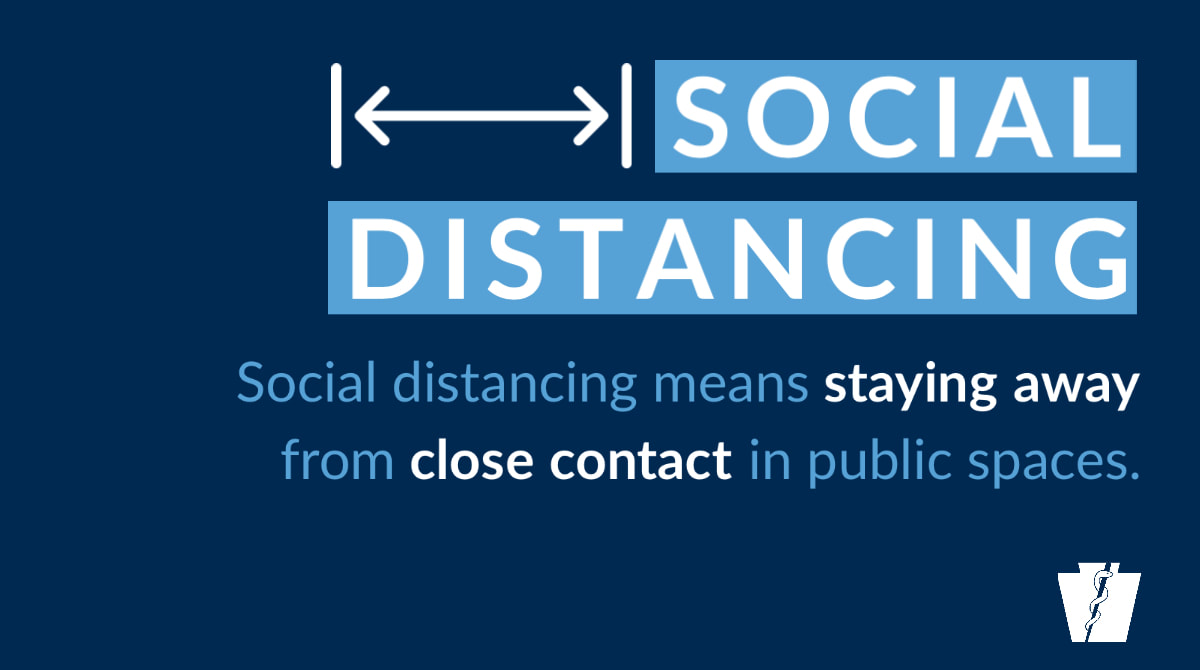
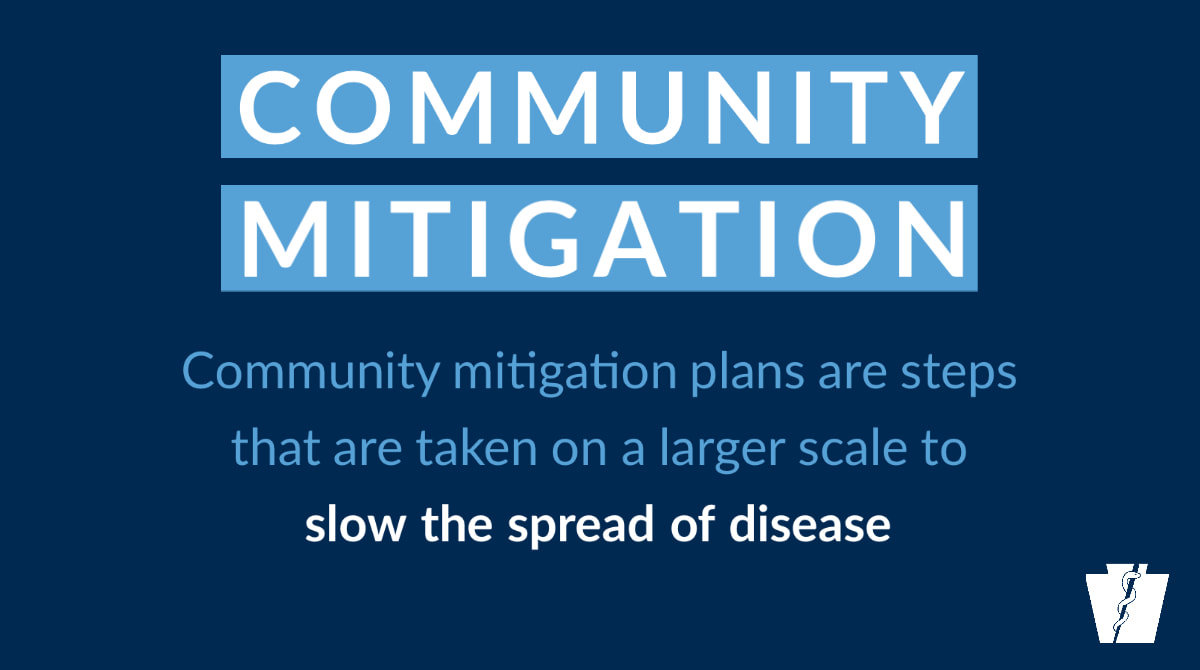
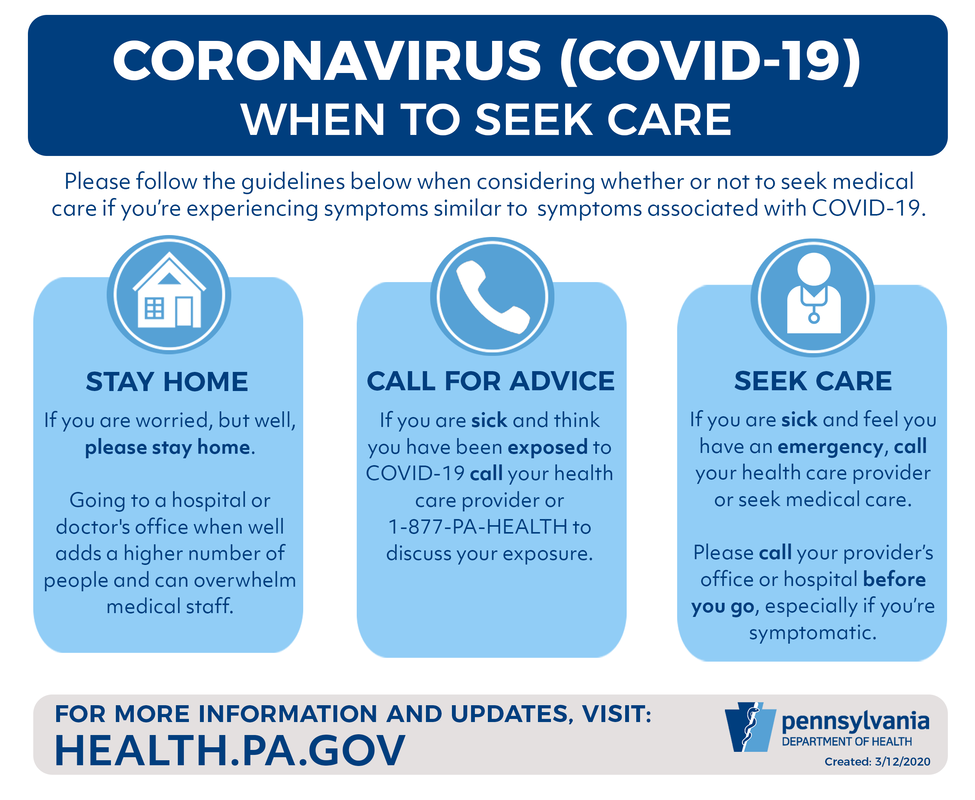
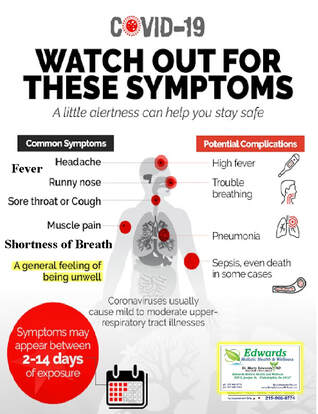
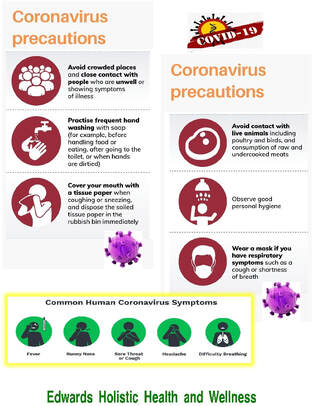
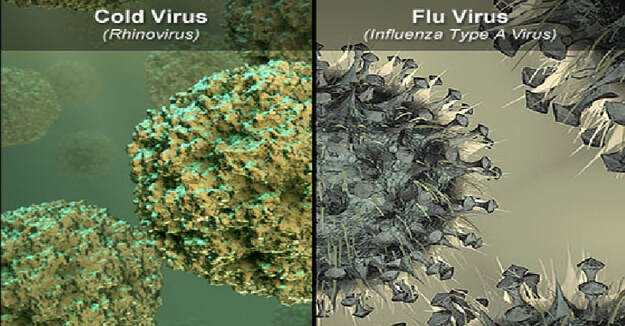
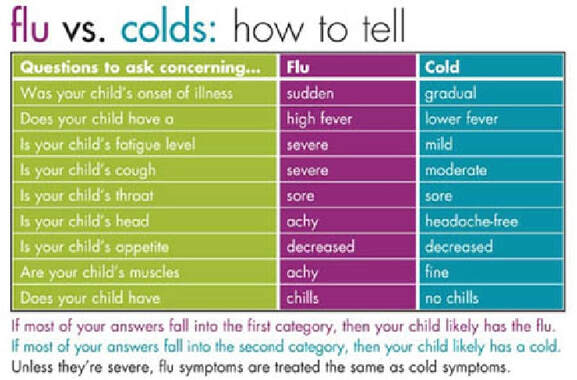
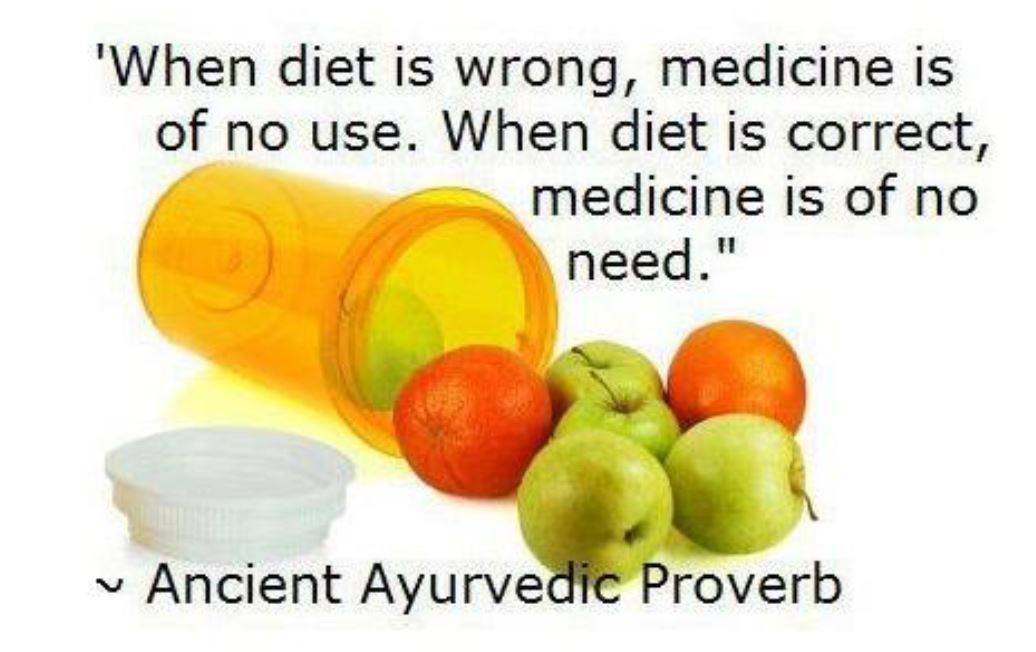
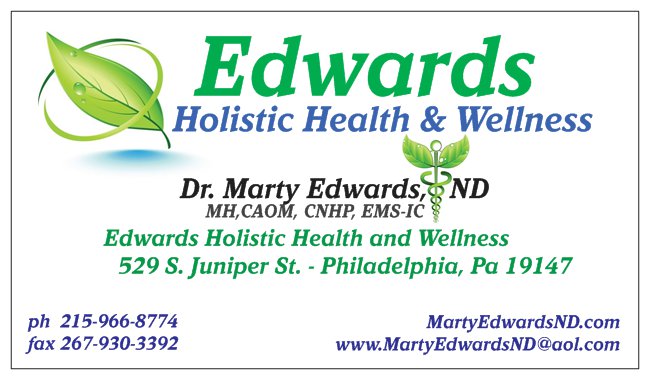

 RSS Feed
RSS Feed